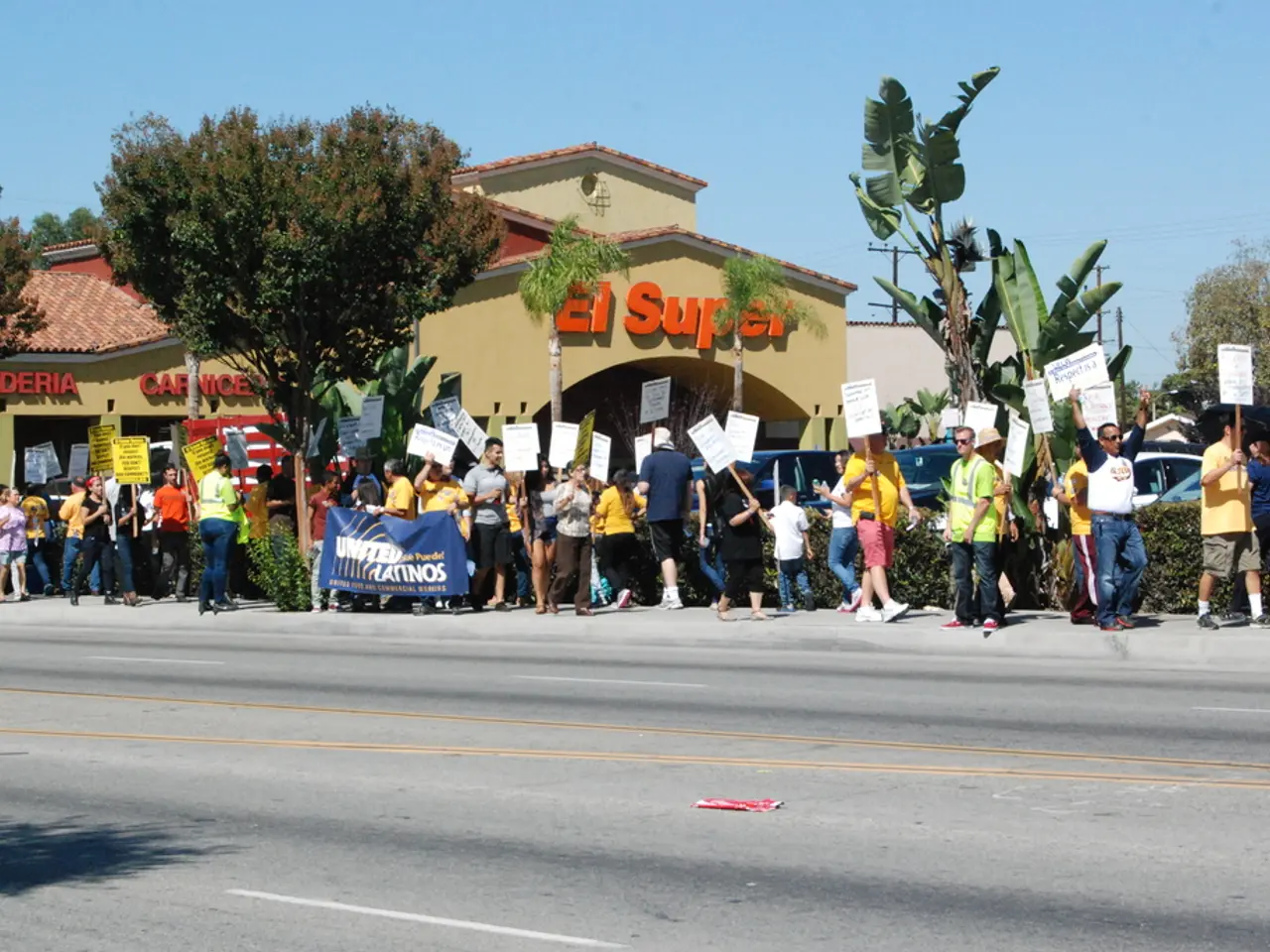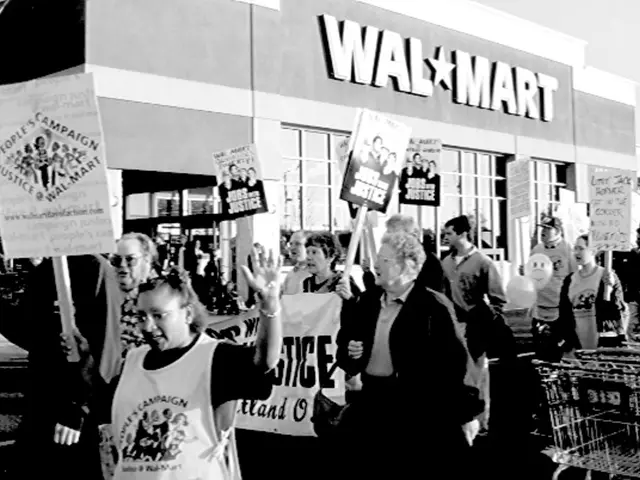Church's Role in Majority World During Elections: An Investigation
In the heart of southeast Africa, Malawi is gearing up for its seventh election cycle on September 16, 2023. With 17 presidential candidates vying for power, including incumbent Lazarus Chakwera, his predecessor Peter Mutharika, and Joyce Banda, the elections promise to be a significant event in Malawi's democratic journey.
Amidst the political fervour, the economy stands as a pressing concern. Malawi's economy is in severe distress, leading to high inflation, a high cost of living, and widespread poverty. All the presidential candidates have acknowledged the economic woes and have unveiled ambitious recovery plans.
The Church of Central Africa Presbyterian and other religious institutions have been encouraging voters to focus on issues rather than candidates' rhetoric. The Evangelical Association of Malawi (EAM) has been at the forefront of voter civic education, attempting to demystify fears associated with the deployment of Smartmatic electoral management devices (EMDs). These devices, aimed at ensuring transparency, constitutional accountability, and credibility of the elections, are a new addition to Malawi's electoral process.
Malawi's Catholic bishops have issued a pastoral letter highlighting corruption, nepotism, economic hardships, and deteriorating public services as issues of concern. The fight against corruption in Malawi has seen significant strides, with the Anti-Corruption Bureau (ACB) investigating a record high of 119 cases during Martha Chizuma's tenure as its director. Chizuma, who served for three years, resigned in 2024 due to making many enemies.
The ACB, a Christian organization involved in the fight against corruption in Malawi, offers an anti-corruption course at the MINTS International Seminary in Zomba. The course was developed by Robert Osburn of the Wilberforce Institute.
Age has become an obvious campaign issue, especially on social media and the Internet. The candidates, ranging from young upstarts to seasoned politicians, are all seeking to appeal to the electorate.
It's important to note that there has been no direct endorsement of candidates from mainline churches. However, many clergy from different churches have offered prayers at political party campaign events.
Malawi transitioned from one-party dictatorship to multiparty democracy in the early 1990s. Since then, the country has made strides in its democratic journey, but corruption remains a significant challenge. According to Transparency International's Corruption Perception Index, Malawi ranks at 27.3 out of 100.
Candidates independent of Malawi's political parties can get on the ballot by paying a nomination fee of about $5,700 USD. As Malawi prepares for its elections, the hope is that the country will continue to strive towards greater transparency, accountability, and a corruption-free future.
Read also:
- United States tariffs pose a threat to India, necessitating the recruitment of adept negotiators or strategists, similar to those who had influenced Trump's decisions.
- Weekly happenings in the German Federal Parliament (Bundestag)
- Southwest region's most popular posts, accompanied by an inquiry:
- Discussion between Putin and Trump in Alaska could potentially overshadow Ukraine's concerns






